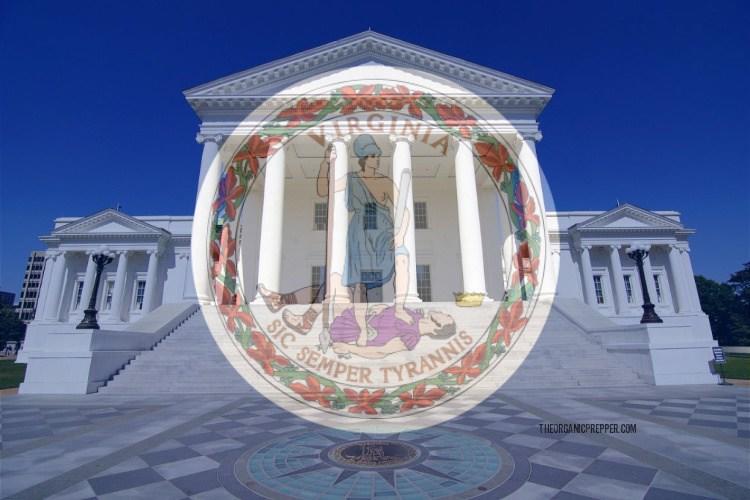Children With “Stealth” Coronavirus Infections Raise Fears Of ‘Community Outbreaks’
Over the past week, as China has shared data about the novel coronavirus with foreign partners who quickly mapped its genome as the world races to develop a vaccine for the virus which can develop into a potentially deadly case of pneumonia. But several experts, including the drug company Novartis, warned that developing a vaccine might take a year.
In the meantime, epidemiologists are still struggling to understand the mysterious new virus (a virus that some fear was once studied as a potential biological weapon). So far, researchers have determined that the average incubation period for the virus is between five and six days. But as more cases are confirmed, researchers are finding a surprisingly large number of young people and children infected with the virus who display few or no symptoms – yet they’re still contagious.
Bloomberg shared the story of a 10-year-old boy from Wuhan whose entire family including his grandparents fell ill. Yet he displayed no symptoms, and wasn’t tested for the virus until both his parents insisted.
The boy’s case was first made public by the Lancet medical journal, which received attention from the international press after publishing research on the outbreak last week. Only five members of the family, including the boy, were infected during a trip to Wuhan. They infected a sixth relative after returning to their unnamed hometown.
A professor of microbiology who spoke with Bloomberg said the case of the 10-year-old boy is extremely concerning because it suggests that many of those infected with the virus might be able to evade typical screening techniques. This could easily fuel a community outbreak if the original case isn’t quickly discovered.
“You may have mild disease spreaders that would be feeding sort of a community outbreak and they don’t go to hospital because they don’t feel that bad,” said Ralph Baric, professor of microbiology and immunology at the Gillings School of Global Public Health at the University of North Carolina at Chapel Hill, who has studied coronaviruses for decades and warned about their threat before the 2003 SARS outbreak.
We already knew that patients who have contracted the virus have shown a wide range of symptoms, ranging from what presents as a mild cold, to something more akin to life-threatening walking pneumonia.
It was “a rather unexpected finding,” Yuen and colleagues wrote. Yet it doesn’t come as a complete surprise to doctors in China trying to unravel the means and ways the new virus is spreading.
“Children and infants’ symptoms are comparatively mild, while older people have more severe symptoms, as of our findings so far,” Feng Zijian, deputy director of the Chinese Center for Disease Control and Prevention, told reporters Wednesday.
“One of the worrying things is the walking pneumonia and especially the younger kids in whom you don’t get as much of an immune reaction,” said John Nicholls, a clinical professor of pathology at the University of Hong Kong and part of the research team that isolated and characterized the SARS virus.
As more cases of the new coronavirus appear around the world, doctors and medical research teams are rushing to try to develop a vaccine or treatments that could prevent its spread. But, as in the SARS outbreak, the most effective methods are thought to be in identifying and isolating patients soon after infection, and then tracing and isolating their potential contacts.
Hesitant to completely close travel with China, most airports, airlines, railroads and some governments have instead opted for increasing screenings (though several airlines recently announced plans to cancel flights to China – at least for now) of travelers as their first and most important line of defense.
But if thousands of children exhibit no symptoms, instead acting as silent carriers of the virus, this will undoubtedly complicate efforts to combat the virus’s spread, even with 56 million quarantined and transportation links between the mainland, Hong Kong, Macau and Taiwan temporarily severed.
“Public health controlled SARS because SARS let it,” said Mark Denison, director of infectious diseases and and a pediatrics professor at the Vanderbilt University School of Medicine. That’s unlike influenza, where a larger portion of patients transmit the virus while they are silently incubating the infection.
“So the question is, is this virus more SARS-like, or is it more flu-like?” Denison said. “The data suggests that it’s somewhere in the middle: that it is a more mild disease, but that there may be more transmission.”
This could lead to a growing number of the most vulnerable patients – senior citizens and those with co-occurring health problems – contracting the virus across the world, as whole families catch the virus from asymptomatic children.
Tyler Durden
Wed, 01/29/2020 – 19:05
via ZeroHedge News https://ift.tt/2GA32Xr Tyler Durden












